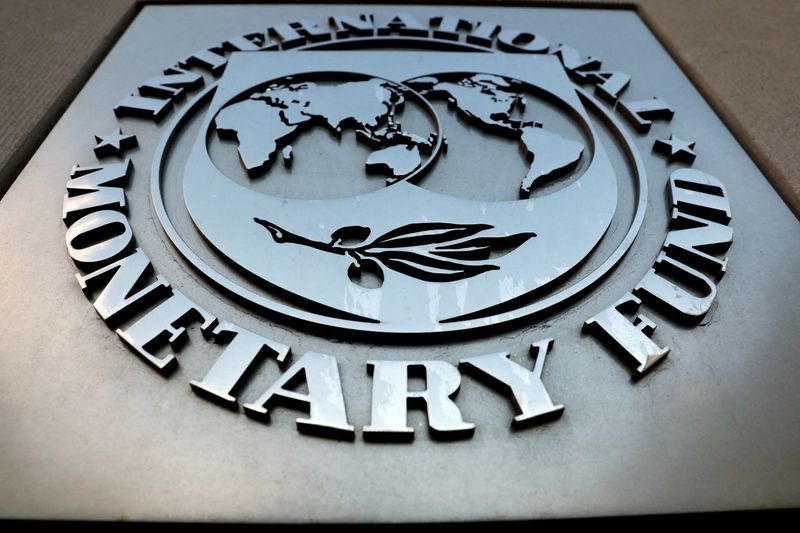Select Language

By David Lawder
WASHINGTON (Reuters) - Global finance chiefs will gather in Washington this week amid intense uncertainty over wars in the Middle East and Europe, a flagging Chinese economy and worries that a coin-toss U.S. presidential election could ignite new trade battles and erode multilateral cooperation.
The International Monetary Fund and World Bank annual meetings are scheduled to draw more than 10,000 people from finance ministries, central banks and civil society groups to discuss efforts to boost patchy global growth, deal with debt distress and finance the green energy transition.
But the elephant in the meeting rooms will be the potential for a Nov. 5 election victory by U.S. Republican presidential candidate Donald Trump to upend the international economic system with massive new U.S. tariffs and borrowing and a shift away from climate cooperation.
"Arguably the most important issue for the global economy - the outcome of the U.S. election - is not on the official agenda this week, but it's on everyone's mind," said Josh Lipsky, a former IMF official who now heads the Atlantic Council's GeoEconomics Center.
The election "has huge implications on trade policy, on the future of the dollar, on who the next Federal Reserve chair is going to be, and all of those impact every country in the world," he added.
U.S. Vice President Kamala Harris, the Democratic presidential candidate, is largely expected to continue the Biden administration's resumption of multilateral cooperation on climate, tax and debt relief issues if she wins next month's vote.

